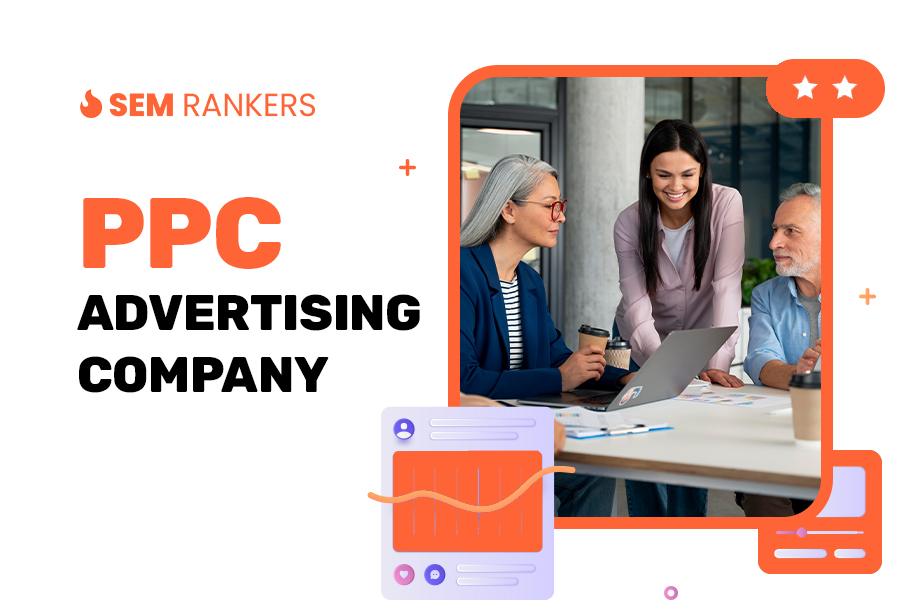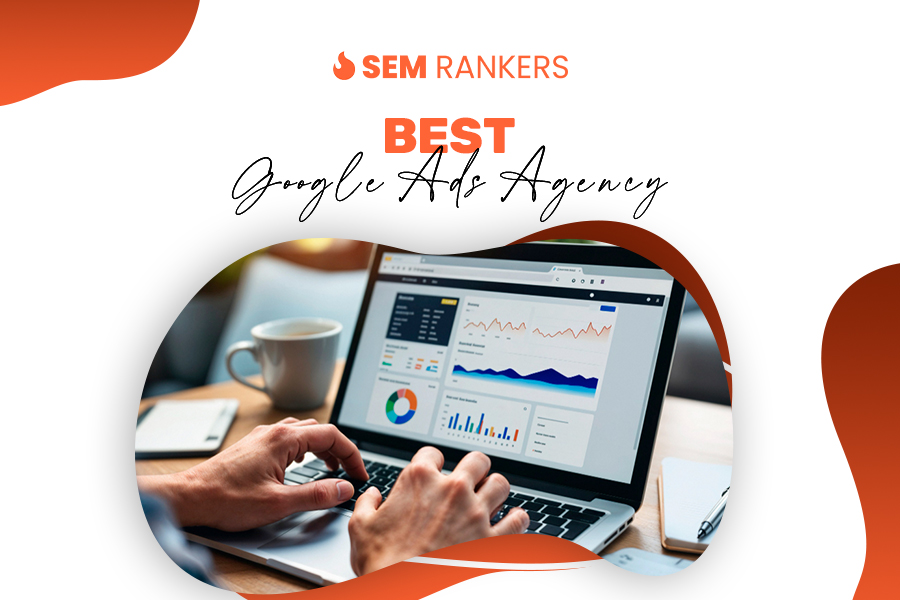Marketers barely had a clue how they cracked the code on Google Ads before artificial intelligence (AI) came onto the scene and turned everything on its head. From more intelligent bidding strategies to auto-creating ads, AI is revolutionizing campaign strategy, optimization, and amplification.
Knowing how to make use of AI to maximize each click is not enough to have a successful Google Ads campaign in 2025; it is having good keywords and budgets to execute a successful one. Looking to stay ahead of the pack as a digital marketer or a business owner, here is the finer insight into how AI is transforming Google Ads, as well as why the best Google Ads agency can be the answer.
- Smarter Bidding: Letting AI Take the Reins to Manage the Levers
There was a time when manual bidding was a finicky process – manually fiddling with bids, monitoring CPCs, and trying to find a balance between budget and exposure. However, those are days that are counted very fast with the Smart Bidding of Google, which is an AI-powered venture.
Smart Bidding uses machine learning to analyze millions of data points – user location, type of device, time of the day, history of behavior, and adjust bids in real-time to optimize performance. In brief, AI suggests where it is likely to be clicked, and leads to conversion, and adverts where it can do the most good automatically.
For a PPC agency, that means less number micromanaging and more strategy time. For clients, that means more ROI with fewer wasted dollars on ads.
- AI-Powered Ad Copywriting: Copy That Converts
AI technology is no longer just optimizing ads — it’s actually constructing them. Google’s Responsive Search Ads and AI-powered creative insights now create multiple versions of ad copy and headlines, learning over time what combinations work best.
That doesn’t eliminate the role of human creativity. What it does mean is that marketers can now concentrate on messaging, brand, and customer psychology, and leave testing and optimization to AI.
An experienced Google PPC advertising professional understands how to input the system with the proper inputs — engaging propositions, emotional hooks, and brand tone — so that the AI will have healthy content to work from.
- More Powerful Audience Targeting with Predictive Analytics
One of the greatest contributions that AI has made to marketing is predictive targeting. Rather than being merely based on demographics or the past, AI platforms can predict future behavior — such as who is likely to buy, sign up, or leave a cart.
With platforms such as Google’s Performance Max campaigns, AI is able to detect micro-trends on all of these sites (Search, YouTube, Display, and Shopping) and re-allocate your budget automatically to maximize return.
This presents a paid advertising agency with a huge benefit: they can create campaigns that respond to shifting behavior in real time. No more static targeting — these days it’s all about dynamic, data-based insights.
- Wiser Budget Allocation Across Networks
AI is not simply maximizing bids — it’s maximizing entire marketing universes. With Google’s automation, advertisers can allocate budgets wisely across many networks in real-time performance.
For instance, if search traffic dwindles but YouTube activity increases, AI can shift money automatically to where conversions are occurring. That’s huge.
A PPC advertising company that realizes this can guarantee clients never miss out on an opportunity because of static budgeting. It’s not so much about placing ads — it’s about allowing the system to learn, evolve, and grow the campaign in real-time.

- AI and Data Privacy: A New Age of Responsible Advertising
As third-party cookies are phased out and new privacy laws are enacted, AI has become more imperative in discovering compliant means of reaching audiences.
Google’s AI increasingly depends on first-party data — the data companies gather from their users themselves. Paired with machine learning, advertisers can continue to target relevant audiences without compromising privacy.
The top Google Ads agencies are already evolving by assisting clients in gathering and organizing their own data in an ethical manner — from email lists to CRM data — so that AI systems can make wiser, privacy-conscious decisions.
- Performance Max Campaigns: All-in-One AI Powerhouse
Google’s Performance Max campaigns are the epitome of the influence of AI in advertising. Rather than running each of Search, Display, YouTube, and Gmail as individual campaigns, Performance Max enables the running of all four under one roof, controlled by AI.
The platform experiments with various creatives, placements, and models of bidding at the same time and then automatically prioritizes what is working best.
For companies, this translates to greater exposure with less labor. For agencies, it translates to rearranging campaign strategy — moving from hands-on management to smart guidance.
To succeed, it is essential to work with a skilled PPC ad agency familiar with Performance Max. It makes sure that your campaigns are not simply automated but directionally driven.
- ChatGPT, Gemini, and AI Tools for Advertisers
Outside of Google’s internal AI, advertisers are also using third-party tools such as ChatGPT, Jasper, and Google’s Gemini to optimize ad strategy. These tools can be used to create creative concepts, parse performance data, and even write copy based on conversion patterns.
AI gives the information — humans give the direction.
- What This Implies for Agencies and Companies
For SEO optimization firms that work with websites, the tool is essential to engagement and conversion. It indicates where users are losing interest, what is capturing their attention, and where UX can be maximized. Combining SEO and behavior analytics provides you with the whole picture of your audience — from search intent to on-page behavior.
The emergence of AI does not imply that agencies are a thing of the past; it implies they are changing. Clients don’t need agencies that merely “run ads” anymore. They need collaborators who can read data, handle automation sensibly, and tie it up to business objectives.
When selecting a Google Ads pay-per-click partner, choose one that:
- Is familiar with both AI software and manual optimization
- Prioritizes transparency and actual performance data
- Customizes campaigns for your business, not universal templates
- Keeps you aware of how automation is being utilized
Final Thoughts
AI is changing everything about google ppc advertising — and it’s only the beginning. As automation grows smarter, the role of skilled marketers becomes more valuable. The challenge isn’t keeping up with AI; it’s learning how to work with it.
Joining forces with a reliable PPC advertising agency like SEM Rankers guarantees that your campaigns lead the curve without losing the originality and accuracy that make for excellent marketing.
The future of digital advertising, 2025 and beyond, will not be achieved by resisting automation — it’ll be achieved by mastering it.

